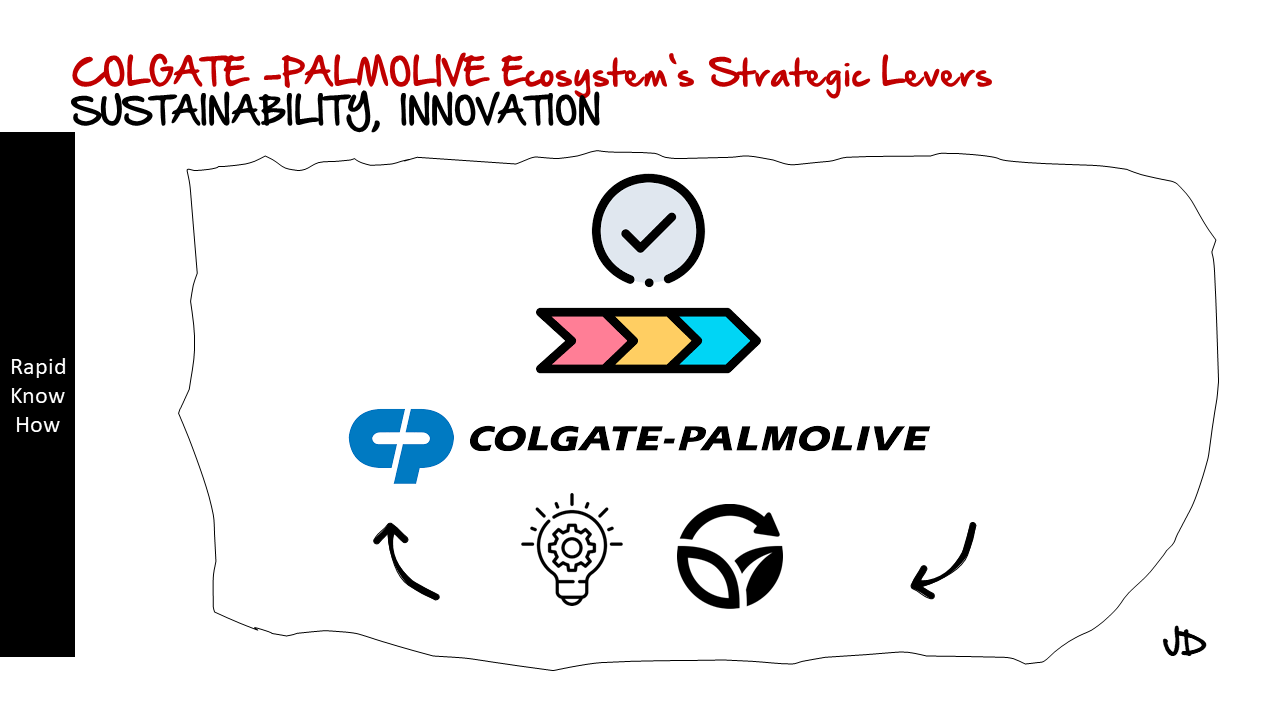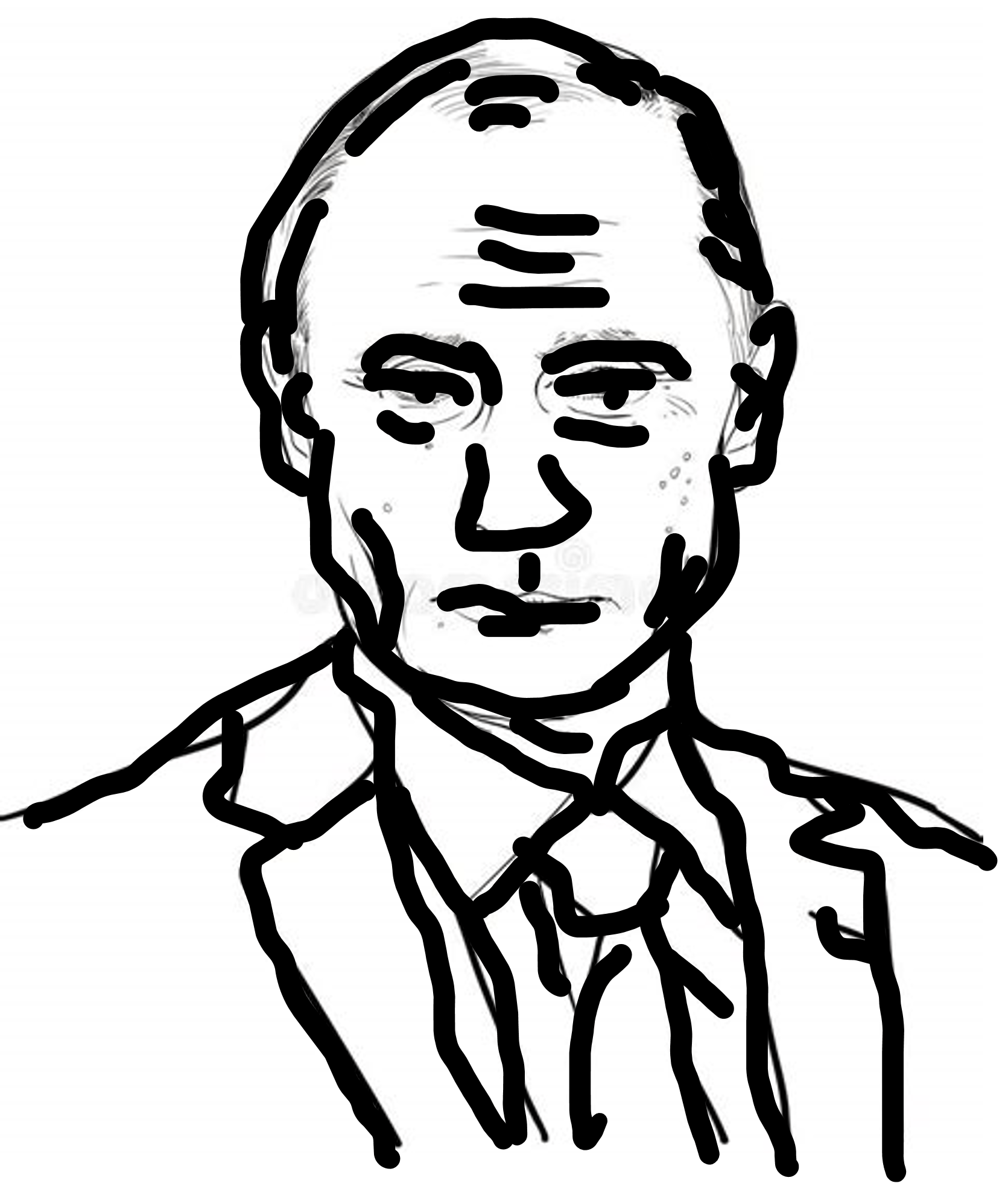Leadership NOT Delivered: Case Study Austria 2020–2025
By RapidKnowHow + ChatGPT | Power Essay 2025
1. From Crisis to Complacency
Between 2020 and 2025, Austria faced one of the most revealing leadership stress tests in its modern history.
The Covid-19 pandemic, inflation shock, energy transition, and political scandals exposed the fragility of a system that had long relied on administrative continuity rather than visionary renewal.
What unfolded was not a failure of intelligence or capacity, but a failure of leadership delivery—the inability to translate insight into action, strategy into execution, and accountability into results.
Austria’s institutions proved strong on process but weak on progress.
2. The Political Trap: Control over Clarity
During these years, politics became an arena of self-preservation, not service.
While citizens demanded clarity and transparency, leaders defaulted to narrative management. Data was used not to inform decisions, but to justify them after the fact.
Coalitions fought internal battles while critical reforms—digital infrastructure, education, preventive healthcare—were delayed or diluted.
Instead of enabling open collaboration between science, business, and governance, Austria’s leadership retreated into bureaucratic silos, each protecting its own influence.
The result: a leadership vacuum disguised by press conferences.
3. When Fear Replaces Foresight
In a time when agility and learning were essential, Austria’s political apparatus chose risk avoidance over strategic foresight.
AI, digital transformation, and data transparency were treated as slogans rather than national missions.
Public communication during crises often oscillated between overconfidence and confusion. Citizens grew skeptical, institutions defensive, and trust eroded.
The system responded not with adaptation, but with tightened control—a typical bureaucratic reflex to uncertainty.
Fear replaced foresight, and regulation replaced innovation.
4. The Bureaucratic Algorithm
Austria’s governance structure still runs on what can be called a “bureaucratic algorithm”—a logic optimized for compliance, not change.
This algorithm rewards longevity over creativity, loyalty over competence, and avoidance over accountability.
When confronted with exponential change—pandemics, climate transition, AI—this system lags fatally behind.
Ministries operate like analog silos in a digital world, while citizens experience fragmented services and opaque decision chains.
The tragedy is that Austria possesses immense intellectual capital—scientists, engineers, and entrepreneurs—but leadership systems fail to mobilize this collective intelligence.
5. The Consequences of Leadership Not Delivered
The price of leadership failure is not abstract.
Between 2020 and 2025 Austria experienced:
- Trust erosion – Confidence in institutions dropped sharply as citizens sensed misalignment between words and deeds.
- Talent drain – Young innovators increasingly sought opportunities abroad.
- Economic stagnation – Despite recovery aid, structural reforms lagged; productivity growth remained minimal.
- Innovation paralysis – Bureaucratic procurement and fragmented responsibility slowed AI adoption across sectors.
- Polarization – The public sphere divided between those clinging to the past and those demanding transformation.
The visible outcome: a nation running below its potential, trapped by its own administrative success.
6. Comparing Leadership Delivered vs. Not Delivered
| Dimension | Leadership Delivered | Leadership NOT Delivered (Austria 2020–2025) |
|---|---|---|
| Purpose | Clear, shared mission uniting public and private sectors. | Fragmented agendas, each ministry acting as a silo. |
| Transparency | Data-driven dashboards and accountability loops. | Narrative-driven reports with selective information. |
| Speed | Adaptive strategy cycles (monthly/quarterly). | Reactive decision chains (annual reviews, crisis meetings). |
| Innovation | Encouraged experimentation; learn fast, act faster. | Bureaucratic risk-aversion; punish failure. |
| Trust | Open communication and feedback loops. | Centralized control, opaque communication. |
The gap is not technological—it’s cultural and moral.
7. The Missed AI Opportunity
Austria could have been a European model for AI-driven governance: small, skilled, connected, and trusted.
Instead, the country hesitated. Pilot projects in healthcare, public administration, and energy never scaled.
Ethical committees debated endlessly while competitors built ecosystems.
By 2025, AI had become mainstream in global policy, yet Austria still lacked a coherent AI transformation strategy that integrated citizens, academia, and industry.
The result: dependency on imported solutions and missed leadership in shaping Europe’s digital ethics.
8. Lessons from Failure
Leadership NOT Delivered provides its own education.
Austria’s experience from 2020–2025 teaches five critical lessons:
- Silence is not stability – Avoiding conflict kills progress.
- Complexity needs clarity, not control – The tighter the grip, the weaker the system.
- Accountability must be institutionalized – Without transparent metrics, no system can improve.
- AI requires courage – Waiting for “certainty” means permanent delay.
- Citizen intelligence matters – Sustainable leadership emerges from participation, not paternalism.
9. Toward Leadership Delivered 2025–2030
Austria’s next era can reverse course if it embraces a Leadership Delivered System built on three foundations:
Transparency + Talent + Transformation
- Transparency: Open governance dashboards that measure impact in real time.
- Talent: Incentivize public–private rotation programs to infuse innovation into bureaucracy.
- Transformation: Make AI and sustainability the twin pillars of national renewal.
The future still favors the courageous.
10. The Final Verdict
Austria 2020–2025 stands as a cautionary tale: a well-managed system without visionary leadership.
Its failure was not one of crisis, but of complacency.
In the AI Age, leadership not delivered is leadership lost.
And for nations—just like companies—the cost of political self-preservation over innovation is decline.
The next chapter will decide whether Austria becomes a thriving laboratory of smart democracy or remains a museum of missed opportunities.
That choice defines Leadership Delivered—or not.- Josef David





